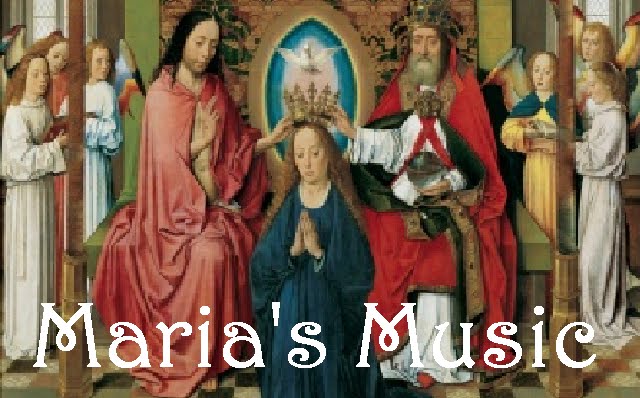So MPR cut "The Jazz Connection"... we all knew it was coming. I don't know the future: I don't know where music could possibly go, but the one thing I can assure you of is that unless Americans go through some radical changes in every area but musical tastes, anything with semi-advanced harmony, good melodies and ingenuity is dead. Jazz is dead. Classical music is dead. Why are we surprised? American's can't pay off their credit cards: you expect them to go through the drudgery of listening to a Mahler Symphony. The drudgery of understanding a Mahler Symphony. This post wasn't designed for this, but this is how it is (from a speech addressed to my fellow student body):
The late 19th century composer Gustav Mahler believed that a symphony was a representation of an entire world. This seems striking, but for obvious reasons. We have been instructed in reading and literature since we were in Kindergarten where as classical music is taught incredibly briefly in the music classes we’ve all forgot from middle school. You learn a few key pieces from a few key composers and your done. You’d think that classical music was run by 6 men who each wrote 2 pieces for the past 400 years if you took those classes as your sole guide. We were lucky to listen to a full piece even once. And we received no instruction in the language that the composers were using. Comparatively we (at least ideally) read before class, then go over it in class, and then refer to it in consecutive classes, and eventually we write an essay about the book. If we treated classical music the same way we would take each musical section apart, listen to it carefully at home, then deconstruct it phrase by phrase in class, and eventually write our own sophisticated piece. That simply is not the case, so it is difficult for us to understand the purpose of a Mahler symphony. We don’t think of it as a new world, just the same way as no kindergartner is going to think of “The Inferno” as a new world.
Pamela Espeland had some good quotes from angry emailers:
"Me, I'm pulling for Lightrail to reroute through their lobby."
"Pardon my French, but those bean counters at MPR are assholes."
And she added:
Allow me to suggest that we include KBEM and KFAI in our giving plans. And to suggest that in the midst of the economic crisis, the cutbacks, the layoffs, the downsizing, our personal economic troubles, our worries, and our fears, that we do what we can to support live jazz. If we want it to be there and available to us six months from now--whether at the Dakota or the AQ, Orchestra Hall or the Ted Mann, the Rogue Buddha, the Kitty Cat or the Hopkins Center, the Clown Lounge or the Hat Trick or Cafe Maude or any one of the places we can experience this remarkable music in person--let's get out there, kids. Now is the time.
But people act as if jazz is still entertaining to the average American. And I agree with all the people who claim good music isn't always entertaining, just like great books are a bore to read sometimes, but nothing sells in this day an age if it's not entertaining. Don't fool yourself into thinking that jazz is all that entertaining. It's not! Why would it be? The thing is you don't see "normal" people at the AQ. Cafe Maude isn't staying open because of their late night jazz jokes on their smaller than cramped stage. And if we keep flocking to auditoriums to hear jazz it's going to be just like classical music (cue Greg Sandow). You should be able to yell during a jazz concert. "YES!" or "DON'T HURT 'EM". Not the pretty golf clap.
Why is everybody surprised that the intelligent, elevated forms of music are dying? Because intelligent, elevated people are dying!

